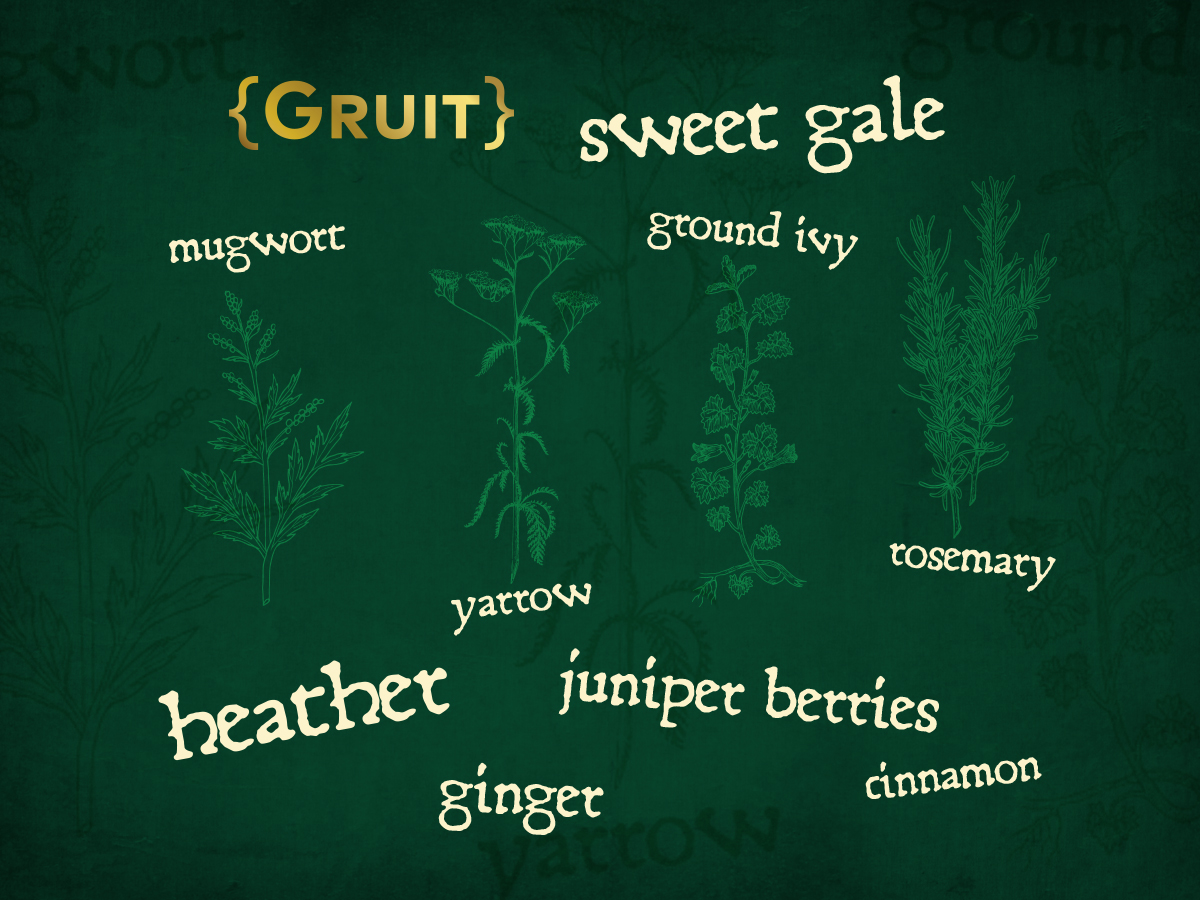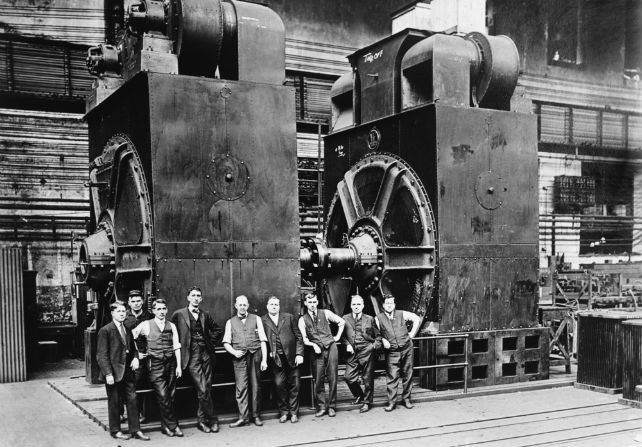Historical events have in different ways affected beer. Beer and brewing have always been intertwined with them.Governments, among many things, exist to protect the interests of their citizens. One of the most important government interventions was the Bavarian Reinheitsgebot. The famous quote stated: “... the only ingredients used for the brewing of beer must be Barley, Hops and Water”. The law was, among few other things, meant to ensure the availability of affordable bread. Also, there was a public health matter. Brewers, in attempts to preserve beer and/or mask the lack of its quality, often infused beer with a number of ingredients like tree bark or mushrooms. The more desperate ones went even further and used some very suspicious stuff like soot, chalk or even chicken blood!? No wonder the brewing law was imposed, which in the long run influenced brewers across the globe.

Historical and religious events in 16th century Europe have influenced the rise of importance of hops. Back in the middle ages it was common to use gruit instead of hops. Gruit was basically a mix of various local herbs that were used as a beer preservative and spice. The mix included sweet gale, mugwort, yarrow, ground ivy, heather, rosemary as well as numerous local variations. By some accounts, hallucinogenic herbs also found a place in this mix. Production of gruit was controlled by the Catholic Church. Martin Luther and the Protestant movement changed this. As opponents of the Church, Martin Luther, himself a beer enthusiast, countered gruit by encouraging the use of hops in beer. There were plenty of hops around and they were tax free. As time went on it became clear that hops provided better stability to beer which led to the demise of use of gruit.
The industrial revolution played an important role in the establishment of the Staropramen brewery. In 1845 a railroad between Vienna and Prague was opened. Prague was growing economically thanks to a booming industry which meant that people were moving from the countryside to the city. This was quite visible in the Prague district of Smíchov, where Staropramen was to be established. A growing worker population had many needs, among them beer was quite in demand. After a hard day in the factory, beer was certainly one thing to look forward to. Jan Kohout and Vilem Pick were not satisfied with the quality of beer and decided to open a brewery. The rest is history.
In most cases, historical events affected beer. Sometimes, beer affected history. Like when the captain of Mayflower in 1620 decided to land in New England, instead of the south part of what is today known as USA, because of shortage of - beer!


